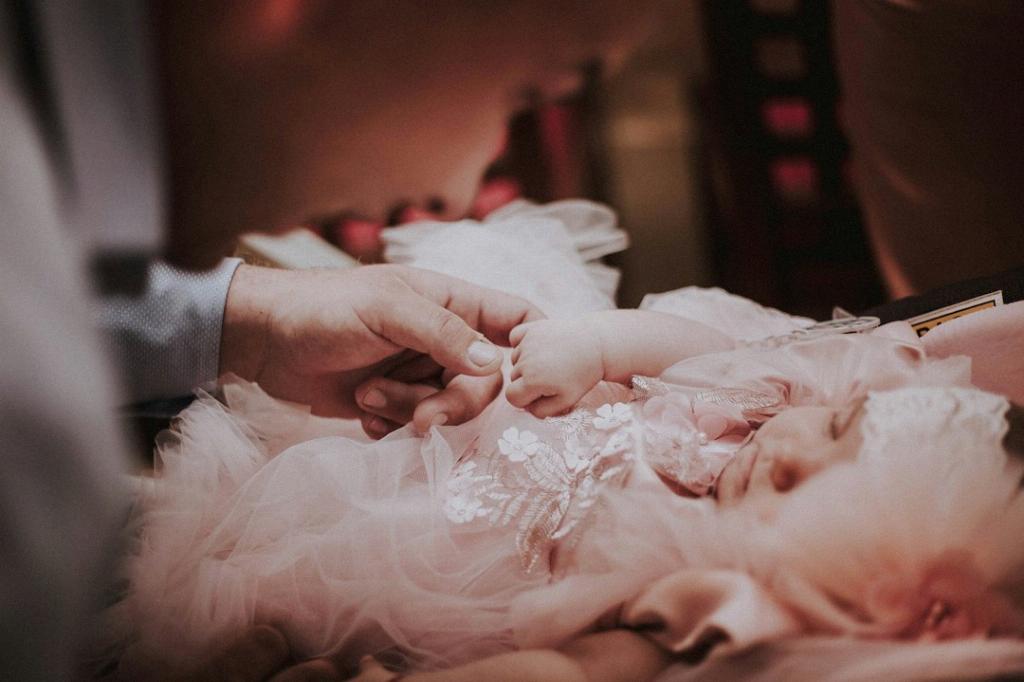When it comes to nipple piercings and breastfeeding, there are several factors to consider. One important aspect to keep in mind is that having a nipple piercing doesn’t actually stop the production of milk. Breast milk is still produced by the mammary glands within the breast tissue, regardless of whether there is a piercing present.
However, it is essential to acknowledge that having a nipple piercing could potentially impact the flow of milk during breastfeeding. While this isn’t a universal experience and won’t happen to everyone, there is a possibility that the presence of a piercing could lead to some interference with milk flow.
The interference with milk flow can occur if the piercing blocks or damages the ducts in the nipple. This blockage or damage can impede the smooth flow of milk from the mammary glands to the nipple, making it more challenging for the milk to reach the baby during breastfeeding.
It’s crucial to recognize that the extent of interference with breastfeeding due to nipple piercings can vary among individuals. Some people may not experience any issues with milk flow despite having a piercing, while others may notice a difference in the ease of milk transfer during feeding sessions.
If you are considering breastfeeding with nipple piercings, it might be helpful to consult with a lactation consultant or healthcare provider. They can provide personalized advice and guidance based on your specific situation, including any concerns or challenges you may encounter while breastfeeding with piercings.
One way to potentially mitigate the impact of nipple piercings on breastfeeding is to remove the jewelry before nursing. By taking out the piercing during feeding times, you can ensure that there are no obstacles hindering the flow of milk and that your baby can feed comfortably without any interruptions.
Another factor to consider is the healing process of the piercing. If you have recently had a nipple piercing or are planning to get one, it’s vital to allow an adequate amount of time for the piercing to heal before attempting to breastfeed. This can help reduce the risk of complications and ensure a smoother breastfeeding experience.
While nipple piercings can potentially interfere with breastfeeding, it’s essential to weigh the pros and cons based on your individual circumstances. Some people may choose to remove their piercings temporarily during the breastfeeding period, while others may opt to keep them in place and work through any challenges that may arise.
Ultimately, the decision on whether to breastfeed with nipple piercings is a personal one that should take into account your comfort level, the well-being of your baby, and any advice or recommendations from healthcare professionals. By staying informed and seeking support when needed, you can navigate potential challenges and make the best choice for you and your child.
Remember that every individual’s breastfeeding journey is unique, and what works for one person may not necessarily work for another. It’s essential to prioritize your well-being and the health of your baby while considering the impact of nipple piercings on your breastfeeding experience.
In conclusion, while nipple piercings can introduce some challenges when it comes to breastfeeding, it is still possible to breastfeed successfully with proper care and guidance. By staying informed, seeking support, and making informed decisions, you can navigate the potential effects of nipple piercings on breastfeeding and ensure a positive feeding experience for both you and your baby.

